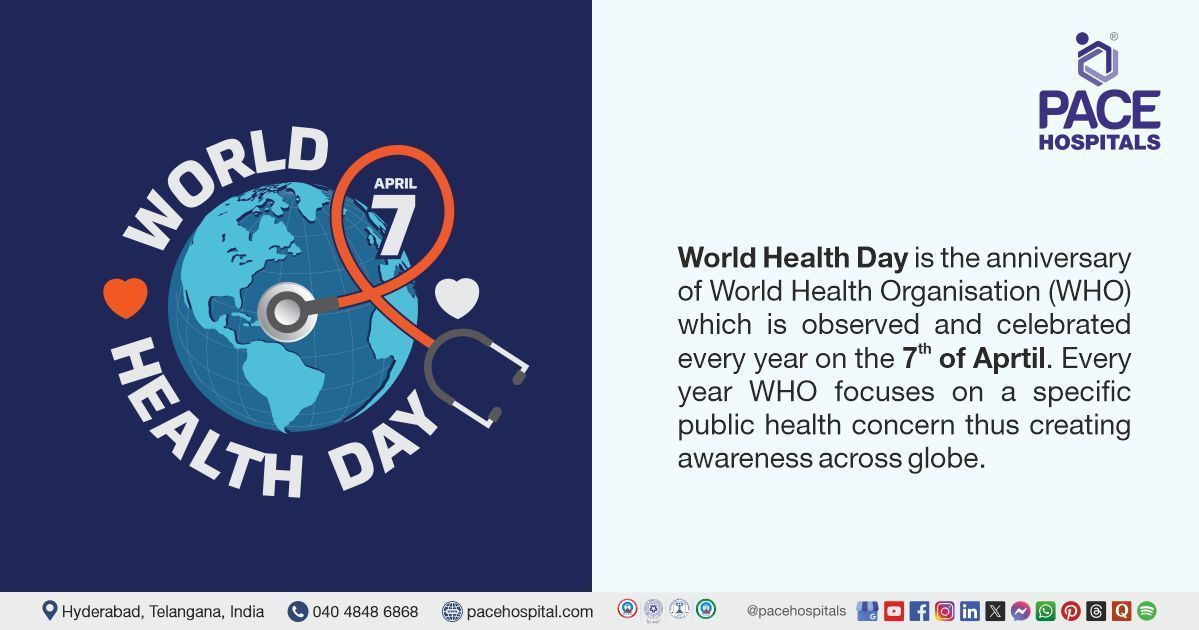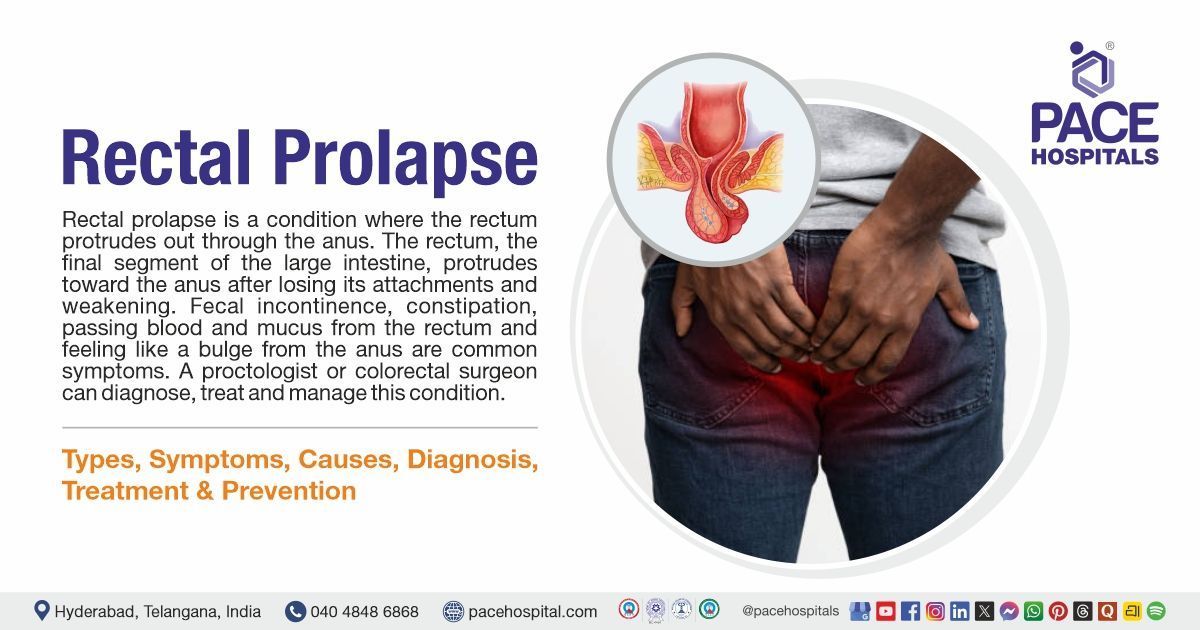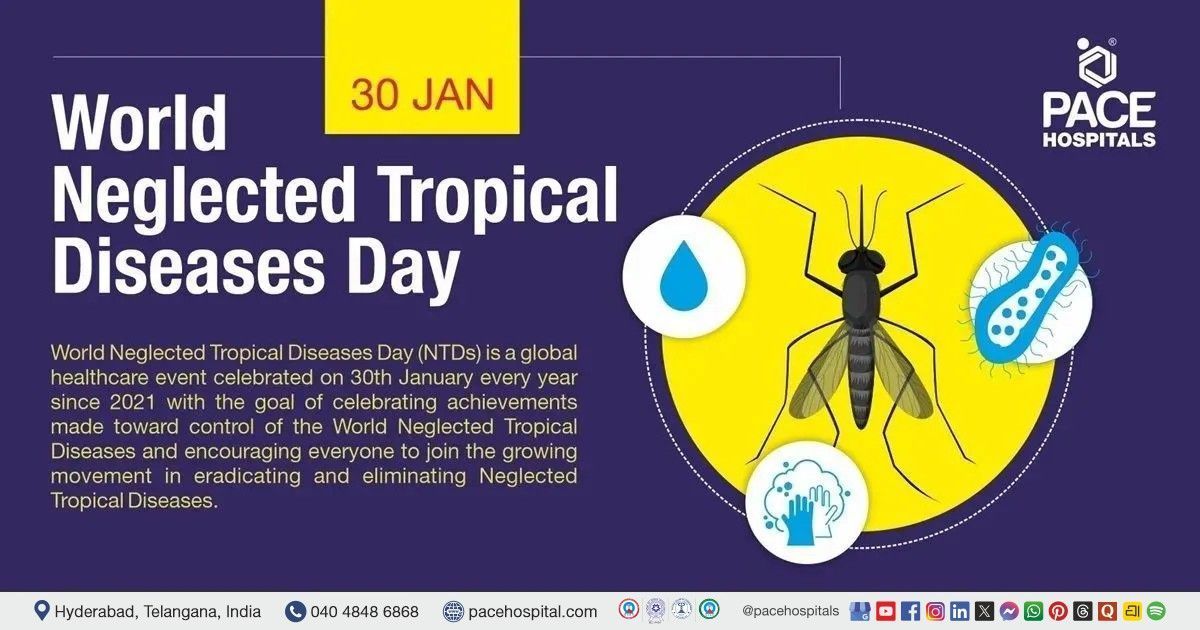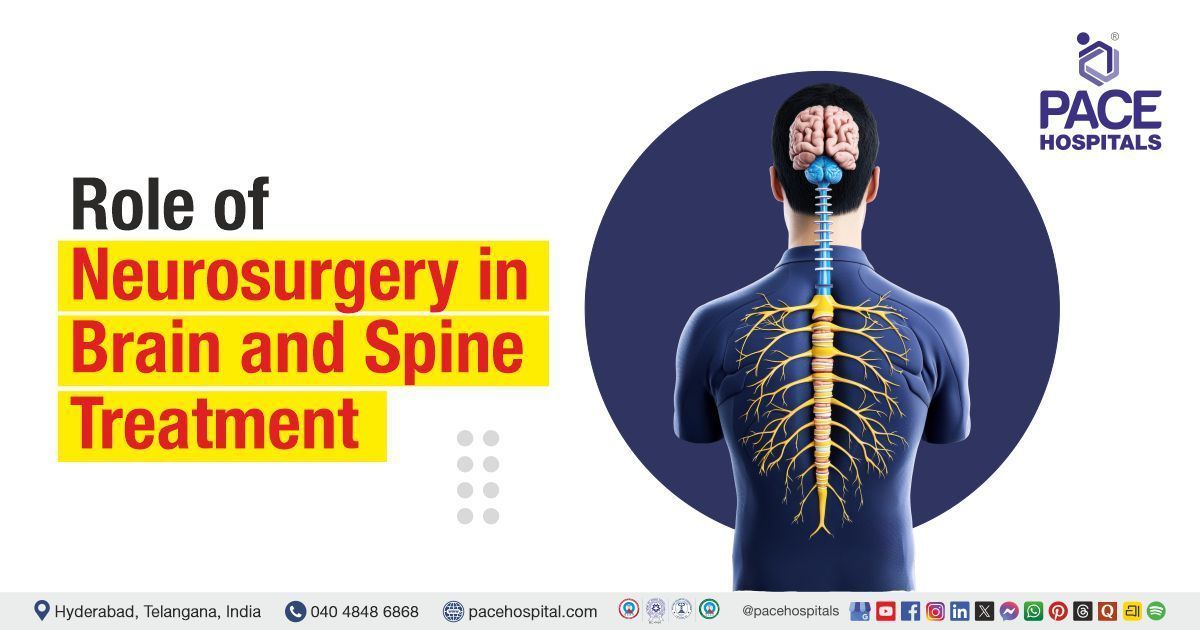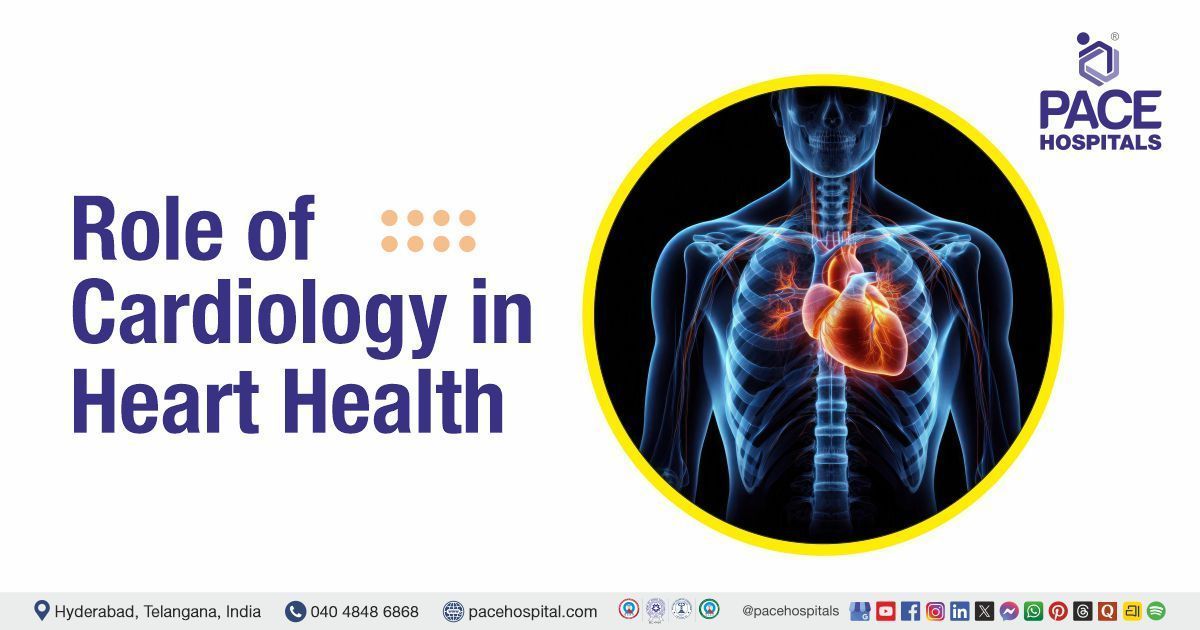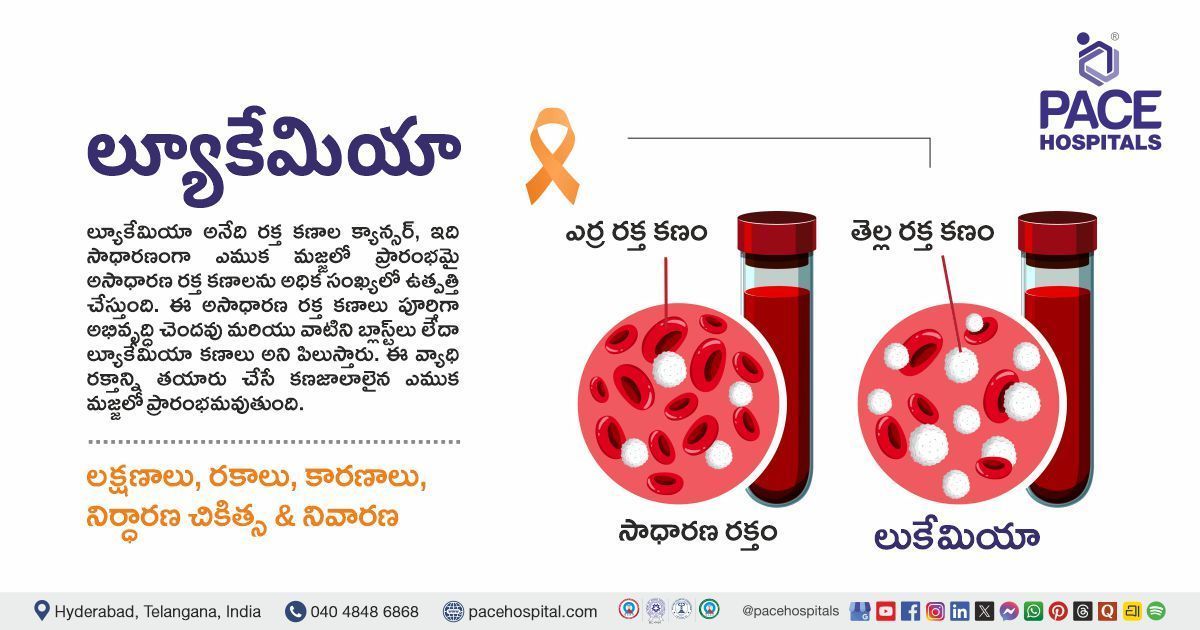World Health Day 7 April 2025 | Theme, History & Importance
PACE Hospitals
7th of April is celebrated as the World Health Day which also marks the anniversary of World Health Organisation (WHO) – a department of United Nations. Every year, WHO focuses on a specific public health concern during which various health care organizations – both national and international come forward and strive towards various health concerns that grip the globe.
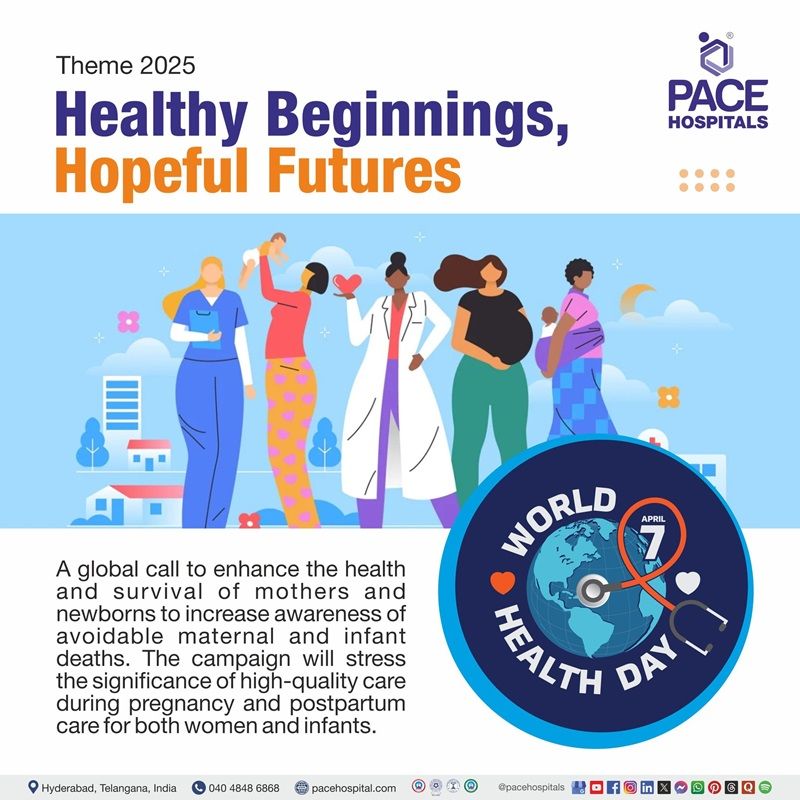
World Health Day 2025 Theme
This year, 2025, the theme for World Health Day is "Healthy Beginnings, Hopeful Futures." This theme focuses on enhancing the health and survival of mothers and newborns with the goal of increasing awareness of avoidable maternal and infant deaths. The campaign will stress the significance of high-quality care during pregnancy and postpartum care for both women and infants.
Year by Year themes of World Health Day
- World Health Day 2024 Theme: My health, my right
- World Health Day 2023 Theme: Health For All
- World Health Day 2022 Theme: Our Planet, Our Health
- World Health Day 2021 Theme: Building a fairer, healthier world for everyone
- World Health Day 2020 Theme: Support nurses and midwives
- World Health Day 2019 Theme: Universal Health: Everyone, Everywhere
World Health Organization in establishing Universal Health Access
Following World War II, various governments regarded health and its universal accessibility as a necessary method of establishing contemporary post-colonial states.
The WHO (founded in 1948) in collaboration with other United Nations (UN) organisations aimed for a new, free, and healthy world. Subsequently, despite the prominence of projects, such as the malaria eradication programme, in the early years of the WHO, other health-promoting ideas were not abandoned.
The work on general healthcare mechanism enhancement was carried out by forming a number of agreements with national governments, which made WHO the vanguard for universal healthcare.
History of World Health Organization (WHO) and the evolution of World Health Day
WHO is the principal global health institution endowed with an enlightened constitution and international legitimacy. The formation of WHO is not an isolated singular event, the milestones are as follows:
- December 1945 - The Brazilian and Chinese in UN suggested a global health organisation which is completely devoid of any government control.
- July 1946 - the constitution of the World Health Organisation was ratified.
- April 7th, 1948 - The constitution went into effect and 61 nations were involved in its establishment.
- July 22, 1949 - The first World Health Day was celebrated, but later altered to April 7th to promote student involvement.
- Since 1950, the WHO Director-General has chosen a new topic and subject for World Health Day each year, based on submissions from member nations and WHO personnel.
Since, 50 years the World Health Days had thrown light on various health issues such as mental health, maternal and child care, and climate change. Patronising activities do continue beyond the celebration day is providing global focus on these important aspects of global health.
Key messages of the World Health Organization in 2025
- Commitment to Maternal and Newborn Health: WHO emphasises the need to ensure that every woman has access to adequate healthcare during her pregnancy, delivery, and postpartum period. This involves comprehensive prenatal care and safe delivery methods to lower mother and newborn death rates.
- Addressing Global Disparities: The organisation emphasises the huge discrepancies that exist in maternity and neonatal health services around the world. Efforts must be undertaken to ensure that women in disadvantaged communities receive the care they require without suffering financial hardship.
- Universal Health Coverage (UHC): WHO promotes UHC as a strategy of ensuring financial security and access to critical health services for all.
- Empowerment of Health Workers: The campaign promotes investing in educating and keeping trained health workers capable of providing high-quality, people-centered care.
- Community Engagement: WHO promotes community involvement in health activities, emphasising the need of providing individuals and families with information and resources to help them make informed health decisions.
- Policy Commitment: Policymakers are encouraged to prioritise maternal and neonatal health in national health strategies.
- Focus on Mental Health: Recognising mothers' mental well-being is important. WHO encourages the incorporation of mental health assistance into maternal care services, including concerns such as postpartum depression.
Share on
Request an appointment
Fill in the appointment form or call us instantly to book a confirmed appointment with our super specialist at 04048486868

